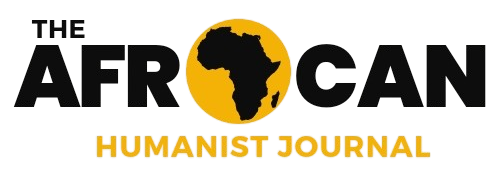Human trafficking is a modern form of slavery where people are treated unfairly and forced to do things against their will. This can include:
– Being forced to work without pay or under bad conditions
– Being forced into prostitution or sex work
– Being forced into a marriage
– Being forced to give up organs for money
Traffickers use lies, threats, or violence to control their victims. This can cause physical and emotional harm, and it’s a serious crime.
Human trafficking is a pervasive issue in Nigeria and across Africa, with women and girls being disproportionately affected.
Efforts to combat human trafficking in Nigeria include awareness campaigns, victim support services, and law enforcement initiatives.
The National Agency for the Prohibition of Trafficking in Persons (NAPTIP) has rescued thousands of victims and secured convictions against traffickers.
Exploitation
Here are some practical examples of exploitation:
Forced Labor: Women and girls are forced to work in domestic servitude, agriculture, or other industries without pay or under exploitative conditions.
Sex Trafficking: Victims are coerced into prostitution or other forms of commercial sex, often through threats, violence, or deception. In Nigeria, 91.3% of trafficked girls and women were forced into sex work, with many being trafficked to Russia and Eastern Europe.
Forced Marriage: Women and girls are forced into marriages, often for financial gain or to settle debts. This practice is prevalent in some African countries, including Nigeria.
Online Exploitation: Traffickers use fake online profiles, phishing tactics, and blackmail to manipulate and coerce victims. Students are primary targets, and this form of exploitation is on the rise.
Facts and figures
Some recent statistics on human trafficking in Nigeria include:
1,634 victims of trafficking were identified in 2023, including 841 victims of sex trafficking and 543 victims of labour trafficking.
75% of human trafficking victims in Nigeria are school-age children, with traffickers increasingly exploiting the digital space to lure young Nigerians into modern-day slavery.
21,000 Nigerian women and girls have been trafficked to Italy since 2015.
The Impact
The impact of human trafficking on women and girls is severe, with many experiencing :
Physical and emotional abuse
Loss of freedom and autonomy
Sexually transmitted diseases and other health problems
Trauma and psychological distress
Punishments for trafficking
In Nigeria, human trafficking is a serious crime that carries significant penalties. Here are some of the punishments for different types of human trafficking:
Buying or Selling People: 5 years in prison and a fine of ₦2 million.
Forcing People into Prostitution: 5 years in prison and a fine of ₦1 million.
Forced Labor: Up to 1 year in prison or a fine, but can be 5 years with community service in some cases.
Child Trafficking: 7 years in prison and a fine of ₦1 million, or life imprisonment in severe cases.
Slave Trading: 7 years in prison and a fine of ₦2 million.
Organ Trafficking: 7 years in prison and a fine of ₦5 million.
Victim Compensation
Victims of human trafficking are also entitled to compensation for the harm they’ve suffered, including economic, physical, and psychological damages.
These punishments aim to deter human trafficking and protect victims.
By Ijeoma Adeniyi


